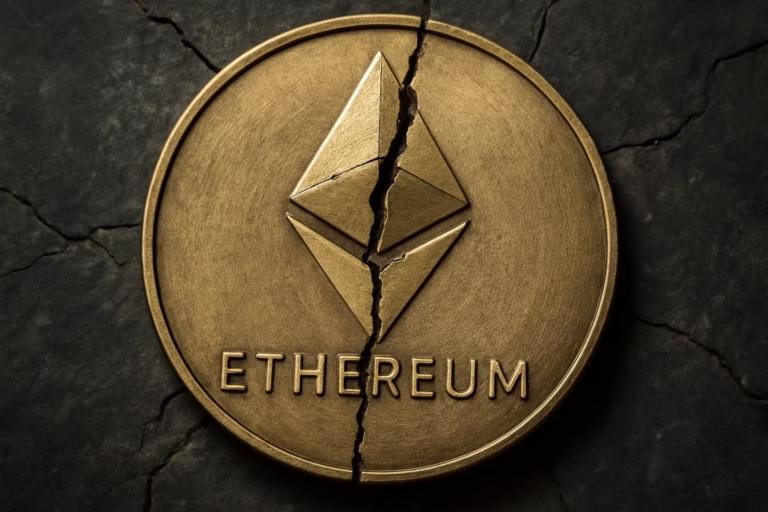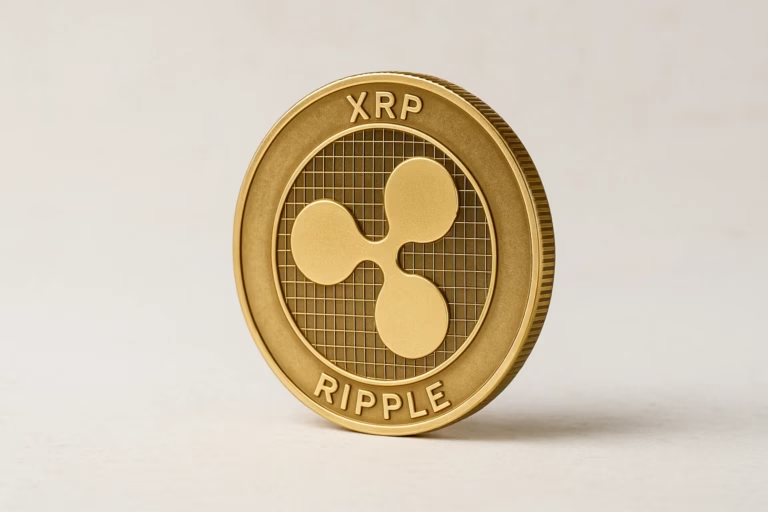
- Solana will launch its first staking-enabled ETF in the U.S. on July 2 through REX Shares and Osprey Funds.
- Investors will earn staking rewards as dividends, following new SEC guidelines.
A first-of-its-kind Solana ETF will go live in the U.S. on July 2, bringing staking rewards directly to traditional investors. The fund, created by REX Shares and Osprey Funds, is the first ETF in the U.S. that supports on-chain staking.
This launch is significant because it allows ETF holders to earn passive income through staking, an option previously denied in similar products. The Solana ETF will stake at least 50% of its underlying assets, returning rewards to shareholders as dividends.
A Regulatory Shift Favors Proof-of-Stake Assets
Last year, Ethereum ETFs excluded staking due to regulatory concerns. That limited their appeal by removing the passive income potential of holding proof-of-stake (PoS) assets. However, under the current crypto-friendly U.S. administration, the SEC has clarified that staking some PoS tokens like Solana does not constitute a securities transaction.
This change cleared the path for REX Shares to file an updated ETF proposal earlier this month. With no objections from the SEC, the fund is now ready for market entry.
Solana Price Surges Ahead of ETF Launch
As excitement builds, Solana (SOL) is trading at $158.92, up over 5%, according to CoinGecko. Market analysts and prediction platforms are bullish: Polymarket bettors estimate a 99% probability of the ETF’s approval and success.
This ETF is structured as a C-corporation, which allows the firm to legally distribute staking rewards as dividends. It opens the door for institutional and retail investors alike to earn from Solana without managing wallets or on-chain staking themselves.
The upcoming launch may set a new standard for crypto ETFs in the U.S., especially for PoS assets. If successful, it could trigger a wave of staking-enabled ETFs for other networks.
ALSO READ:Solana ETF Incoming: Invesco and Galaxy Digital File for QSOL Launch
DISCLAIMER:
The views and opinions expressed herein are solely those of the author and do not necessarily reflect the views of the publisher. The publisher does not endorse or guarantee the accuracy of any information presented in this article. Readers are encouraged to conduct further research and consult additional sources before making any decisions based on the content provided.




